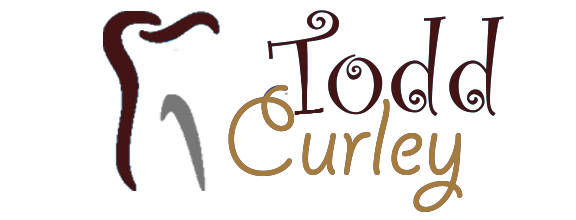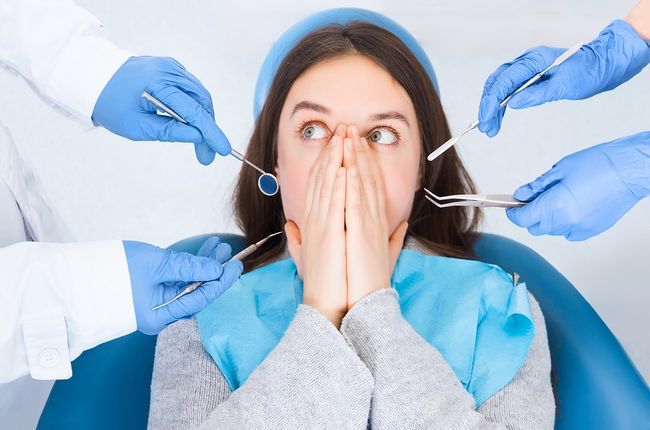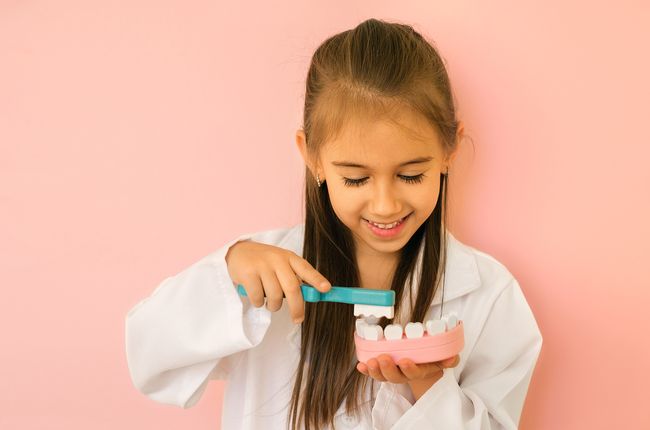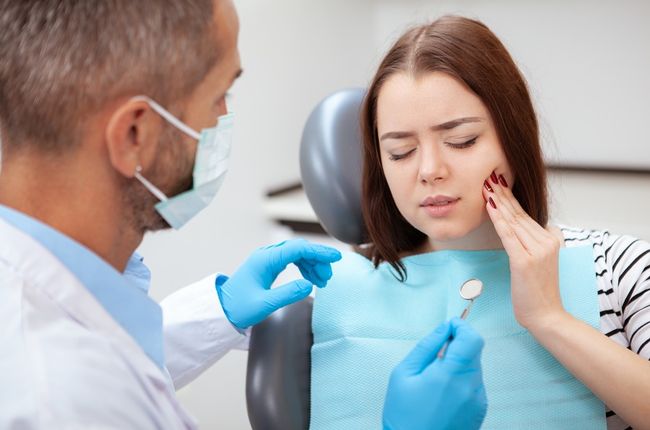Are you looking to enhance your smile and boost your confidence? Well, you're in the right place. In today's society, a beautiful smile is highly valued, and cosmetic dentistry offers a range of treatments to help you achieve just that. From teeth whitening to dental implants, there are various options available depending on your specific needs.
Teeth Whitening
A bright, white smile can make a world of difference in your appearance. Over time, our teeth can become stained and discolored due to various factors such as aging, tobacco use, consumption of certain foods and drinks, or poor oral hygiene habits. Thankfully, there are several cosmetic dentistry services available to help restore the natural whiteness of your teeth. One popular option is teeth whitening treatment. This procedure involves using bleaching agents to remove stains and discoloration from the enamel surface of your teeth. It is a safe and effective way to achieve a brighter smile.
There are two main types of teeth whitening: in-office treatment and at-home kits. In-office treatments are performed by dental professionals and typically provide faster results. They involve applying a highly concentrated bleaching agent directly onto the teeth for immediate effect. At-home kits usually consist of custom-fit trays filled with a milder bleaching gel that you wear for a specified period each day. While it may take longer to see results compared to in-office treatments, at-home kits offer convenience and flexibility.
Veneers
Veneers are a popular cosmetic dentistry service that can transform your smile. These thin shells, typically made of porcelain, are custom-made to fit over your teeth and improve their appearance. They can address a range of dental issues, such as discoloration, chipped or cracked teeth, gaps between teeth, and even slightly misaligned teeth. One of the main advantages of veneers is how natural they look. The material used closely resembles the color and translucency of natural teeth, creating a seamless blend with the rest of your smile. Additionally, veneers offer durability and stain resistance, allowing you to enjoy a beautiful smile for years to come.
The process of getting veneers involves minimal discomfort. Your dentist will first prepare your teeth by removing a small amount of enamel before taking impressions for the creation of your custom veneers. Once ready, the veneer is carefully bonded to each tooth using strong dental adhesive.
Dental Implants
Dental Implants are a popular cosmetic dentistry service that can restore your smile and improve your oral health. Unlike traditional dentures or bridges, dental implants provide a permanent solution for missing teeth. The process of getting dental implants involves the placement of titanium posts into the jawbone, which acts as artificial tooth roots. These posts fuse with the bone over time, creating a strong foundation for replacement teeth.
One of the main benefits of dental implants is their natural look and feel. Because they are securely anchored in the jawbone, they provide stability and function just like real teeth. This means you can eat, speak, and smile with confidence. Another advantage of dental implants is their durability. With proper care and maintenance, they can last a lifetime. This makes them a cost-effective long-term solution compared to other options. Furthermore, dental implants help preserve your facial structure by preventing bone loss that occurs when teeth are missing. By stimulating the jawbone through chewing forces, they promote bone growth and maintain overall oral health.
Invisalign
Are you looking for a discreet and effective way to straighten your teeth? Look no further than Invisalign! This innovative orthodontic treatment uses clear aligners that are virtually invisible, making it an ideal choice for adults and teens who want to achieve a straighter smile without the hassle of traditional braces.
One of the main advantages of Invisalign is its convenience. Unlike metal braces, these aligners can be easily removed when eating or brushing your teeth, allowing for better oral hygiene throughout the treatment process. Plus, there are no dietary restrictions since you can simply take out the aligners before enjoying your favorite foods. Another benefit of Invisalign is its comfort. The aligners are custom-made using advanced technology to fit snugly over your teeth, gradually shifting them into their desired position. Say goodbye to uncomfortable brackets and wires poking at your gums! Not only does Invisalign offer aesthetic benefits by being nearly invisible, but it also delivers impressive results in correcting various dental issues such as overcrowding, gaps between teeth, and misalignment. With regular check-ups with your dentist or orthodontist every few weeks to monitor progress and receive new sets of aligners, you'll be well on your way to achieving a beautifully aligned smile.
Dental Bonding
Dental bonding is a popular cosmetic dentistry procedure that can transform your smile and improve the appearance of your teeth. It is a simple and affordable treatment that can correct various dental issues such as tooth discoloration, gaps between teeth, chipped or cracked teeth, and even misshapen teeth. During the bonding process, your dentist will apply a tooth-colored resin material to the affected tooth or teeth. This resin is carefully shaped and molded to match the natural contours of your teeth. Once it's in place, a special light is used to harden the resin and bond it securely to the tooth surface.
One of the major advantages of dental bonding is its ability to blend seamlessly with your natural teeth. The color of the resin can be customized by your dentist to closely match the shade of your existing teeth, ensuring a seamless result. In addition to its aesthetic benefits, dental bonding also provides functional benefits. It helps restore strength and durability to damaged or weakened teeth while improving their overall appearance. The procedure is relatively quick and painless, making it an ideal choice for patients looking for immediate results without extensive treatments. Another advantage of dental bonding is its affordability compared to other cosmetic dentistry options like veneers or implants. While it may not be as long-lasting as these alternatives, bonding offers an excellent solution for minor aesthetic concerns at a fraction of the cost.
To learn more, contact Todd Curley, D.D.S. at Hot Springs Rd, Ste D110, Murrieta 39755, or phone (951) 698-6220.
More Blog Posts
Office Hours
MON - SAT9:00 am - 6:00 pm
SUNClosed














